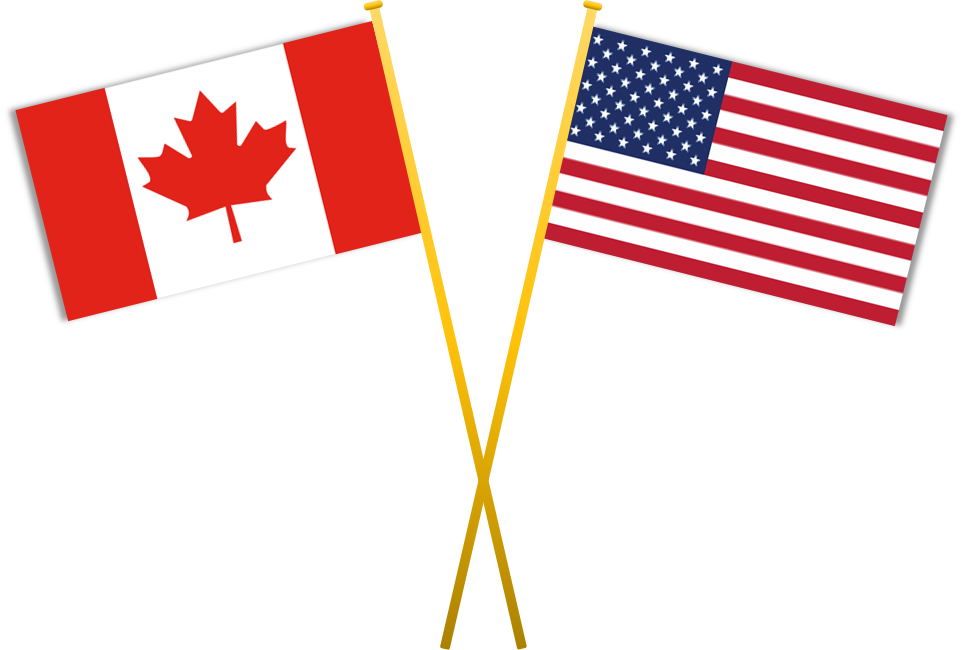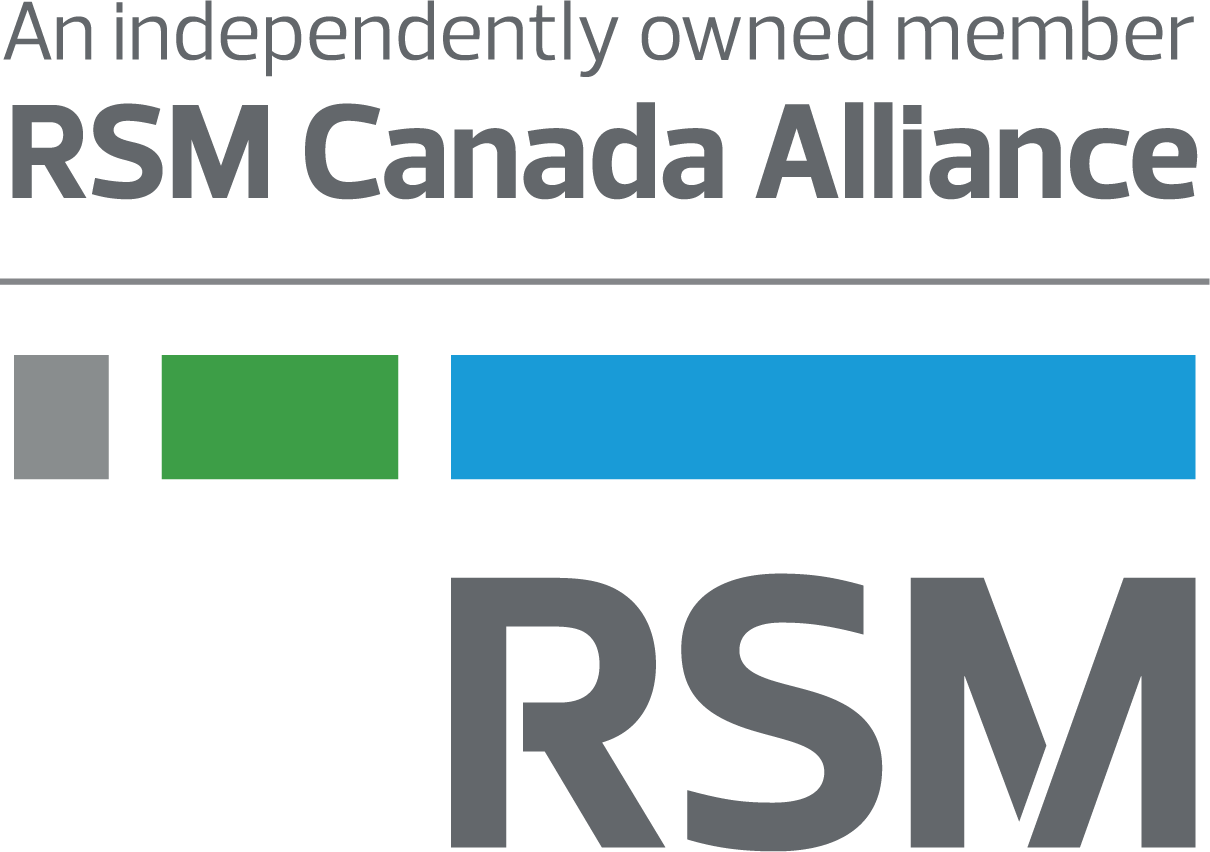
November 19th, 2024
U.S. Challenges Canada’s Digital Services Tax Act Under CUSMA
The Federal budget proposed AMT changes impact tax benefits for individuals and trusts.
Posted on September 6th, 2022 in Cross-border Tax, Domestic Tax

There are ample commentaries on the negative tax consequences faced by non-resident investors using a fiscally transparent US entity to carry on a business or to earn investment income in Canada, but what about Canadian-resident investors earning Canadian-sourced income through such entities? This structure is uncommon but occasionally useful for commercial reasons, and it results in negative Canadian withholding tax consequences. However, the Canadian withholding tax analysis is more favourable where the fiscally transparent entity is a partnership. US tax consequences are outside the scope of this article.
Consider a limited liability company (LLC) with US and Canadian shareholders that is not a corporation resident in Canada. Dividend income is received from a Canadian-resident corporation.
The CRA’s longstanding position is that an LLC is a corporation for Canadian tax purposes (even though it can be treated as a fiscally transparent entity for US tax purposes). The definition of “person” in subsection 248(1) includes a corporation, so the LLC is a person. The LLC is also a non-resident; therefore, the dividend payment by the Canadian-resident corporation triggers a 25 percent withholding tax under subsection 212(2). The issue is whether treaty relief is available for this tax in the scenario described above, specifically if amounts are allocated to Canadian shareholders.
Under article IV(1) of the Canada-US tax treaty, the LLC does not qualify as a US resident because, as a fiscally transparent entity for US purposes, it is not liable for US tax. According to this rule, the LLC itself would therefore not be eligible for treaty benefits.
The next step in the analysis is to consider article IV(6) of the treaty, which specifically addresses fiscally transparent entities. A US resident can meet all the conditions of this provision; therefore, if all other conditions are satisfied (for example, the limitation-on-benefits clause in article XXIX A), the withholding tax rate may go down to either 5 percent or 15 percent (pursuant to article X(2)). On the other hand, a Canadian resident could not meet the test in article IV(6) because, among other reasons, paragraph (b) of the provision requires that the entity be treated as fiscally transparent in Canada, which is not the case (see the CRA opinion noted above). As a result, the applicable withholding tax rate is not reduced below 25 percent in our example.
In summary, it appears that where the Canadian-source income is derived through a US-resident LLC, this look-through provision applies to its US-resident shareholders only and does not apply to grant benefits to non-US-resident shareholders. As a result, the dividend income in the example would be subject to 25 percent withholding tax, without treaty relief.
Where the fiscally transparent entity is a partnership, the situation generates different results. Paragraph 212(13.1)(b) of the ITA provides that where a Canadian-resident person pays an amount to a partnership other than a Canadian partnership, the partnership will be deemed to be a non-resident person for the purposes of part XIII; as a result, withholding tax will apply to all dividend recipients, whether they are Canadian residents or non-residents. A similar position is stated in paragraph 7 of Interpretation Bulletin IT-81R. However, the commentary in form NR 302 is generally more favourable: where a partnership has Canadian-resident and non-resident partners, withholding tax may not apply to the portion of the dividend allocated to the Canadian-resident partners, subject to certain qualifying conditions. Relying on the latter CRA position, no negative consequences for the Canadian residents should occur in the example where the fiscally transparent US entity is a partnership rather than an LLC.
This content originally published in the Canadian Tax Foundations newsletter: Canadian Tax Focus. Republished with permission.
This article was written by Nakul Kohli, Clara Pham and originally appeared on 2022-08-19 RSM Canada.
The information contained herein is general in nature and based on authorities that are subject to change. RSM Canada guarantees neither the accuracy nor completeness of any information and is not responsible for any errors or omissions, or for results obtained by others as a result of reliance upon such information. RSM Canada assumes no obligation to inform the reader of any changes in tax laws or other factors that could affect information contained herein. This publication does not, and is not intended to, provide legal, tax or accounting advice, and readers should consult their tax advisors concerning the application of tax laws to their particular situations. This analysis is not tax advice and is not intended or written to be used, and cannot be used, for purposes of avoiding tax penalties that may be imposed on any taxpayer.
RSM Canada Alliance provides its members with access to resources of RSM Canada Operations ULC, RSM Canada LLP and certain of their affiliates (“RSM Canada”). RSM Canada Alliance member firms are separate and independent businesses and legal entities that are responsible for their own acts and omissions, and each are separate and independent from RSM Canada. RSM Canada LLP is the Canadian member firm of RSM International, a global network of independent audit, tax and consulting firms. Members of RSM Canada Alliance have access to RSM International resources through RSM Canada but are not member firms of RSM International. Visit rsmcanada.com/aboutus for more information regarding RSM Canada and RSM International. The RSM trademark is used under license by RSM Canada. RSM Canada Alliance products and services are proprietary to RSM Canada.
 |
DJB is a proud member of RSM Canada Alliance, a premier affiliation of independent accounting and consulting firms across North America. RSM Canada Alliance provides our firm with access to resources of RSM, the leading provider of audit, tax and consulting services focused on the middle market. RSM Canada LLP is a licensed CPA firm and the Canadian member of RSM International, a global network of independent audit, tax and consulting firms with more than 43,000 people in over 120 countries. Our membership in RSM Canada Alliance has elevated our capabilities in the marketplace, helping to differentiate our firm from the competition while allowing us to maintain our independence and entrepreneurial culture. We have access to a valuable peer network of like-sized firms as well as a broad range of tools, expertise, and technical resources. For more information on how DJB can assist you, please contact us. |
Drop us a line, we look forward to hearing from you.